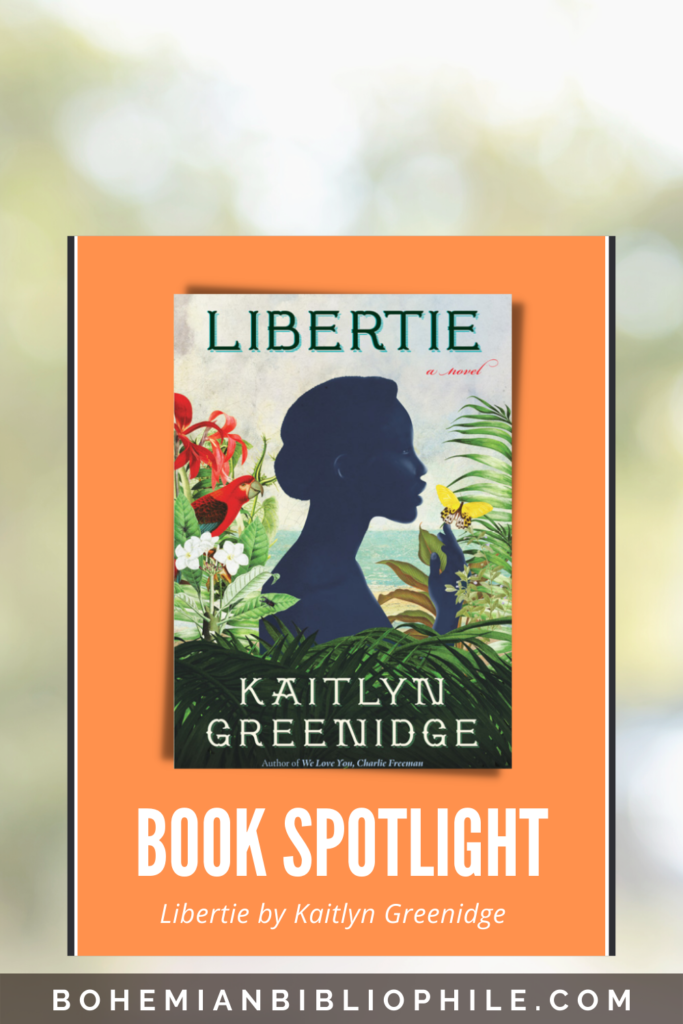


The publisher of this book provided free copies of the book to have their book reviewed by a professional reviewer. In the memorable historical novel Libertie, a young woman struggles with her mother and questions what freedom means to her.ĭisclosure: This article is not an endorsement, but a review. She employs intricate water and botanical images and music, while themes of colorism, identity, communities among women, and wrestling over life decisions result in an engaging portrait of growing up.

Her strong-willed temperament is a double-edged sword, both a hindrance and gift her passion is clear and evolving. Finally, motherhood empowers her to be at home within herself.Īs she addresses rejecting her mother’s dreams, fleeing, and finding purpose, Libertie’s narration is thorough, tactile, and sharp. Libertie’s doubts about the roles that people want her to inhabit mix with her restlessness.

Libertie and her mother exchange sometimes overlapping letters, writing between the lines to reveal the misunderstandings and potent wishes that mark their bond. Throughout, love reveals itself as fraught with expectations. In Haiti, she discovers that marrying into a family full of secrets is more complicated than she anticipated. Sent to Ohio for medical school while she’s still angry, Libertie feels adrift.īack home, Emmanuel-a passionate American Black man who lived in Haiti, and who studied under Libertie’s mother-proposes to Libertie. The rift between she and her mother widens after the Civil War: Libertie’s mother makes concessions for white patients, and Libertie bristles. But then a man with a broken spirit dies, and her faith in her future in medicine wavers. The darker daughter of a light-skinned, widowed homeopath, Libertie witnesses her mother saving runaways in New York. In Kaitlyn Greenidge’s powerful coming-of-age novel Libertie, a freeborn Black girl’s hunger to define her own boundaries carries her across an ocean and back.


 0 kommentar(er)
0 kommentar(er)
